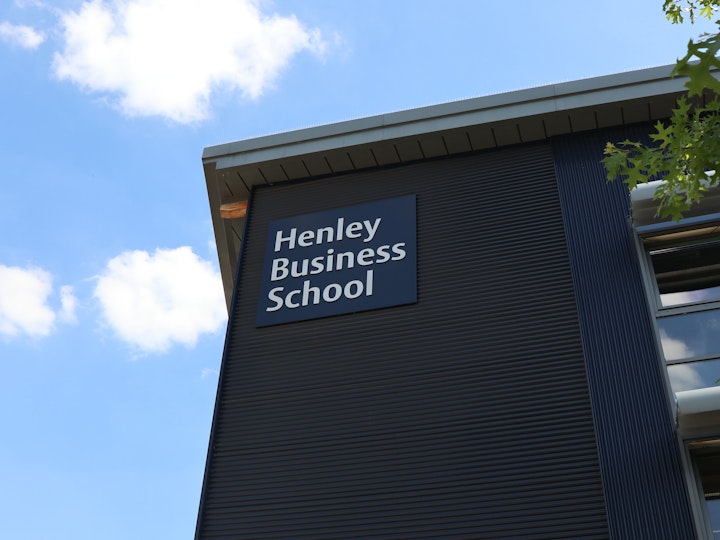Lunchtime Seminar- Harnessing the power of international experience in top management teams through composition
International Business and Strategy Lunchtime Seminar Series
Presenter: Dr Marketa Rickely

| Event information | |
|---|---|
| Date | 21 September 2022 |
| Time | 13:30-15:00 (Timezone: Europe/London) |
| Price | Free |
| Venue | Henley Business School |
Event types: |
|
You are cordially invited to attend the first IBS lunchtime research seminar by Dr Marketa Rickley, Assistant Professor of Strategic Management at the University of North Carolina at Greensboro. Please join us in Room 108, Henley Business School or join the seminar online (the link will be sent via email).
Sandwiches and refreshments will be provided. Please let Jana Oslejova know of any dietary requirements by Tuesday 13th September.
Title: Harnessing the power of international experience in top management teams through composition
Authors: Marketa Rickley, Ray Wu, and Eean Crawford
Time: 13.30-14.30pm. Please note the slightly later start time for this seminar ONLY.
Room: 108,HBS
Abstract
In multinational companies, international experience by managers is considered a source of competitive advantage. Yet we know little about whether the positive consequences of personal international experience persist when aggregated in top management teams (TMTs). Are certain experiential, relational, or structural configurations of international experience in TMTs more effective at converting personal knowledge from international experience to organizational performance? Drawing on knowledge integration and small groups research, we explore how TMT differences in experiential, relational, and structural configurations of international experience affect financial performance. We test our predictions using a cross-national and multilevel dataset on foreign-owned banks. The data include detailed information on top managers’ demographic, educational, and professional backgrounds (N = 270 TMTs, nested within 60 foreign subsidiaries, and 28 multinational banks), ten years of financial performance data, and covariates from different levels (e.g., TMT, foreign subsidiary, multinational company, home country, host country). By theoretically and empirically linking individual differences in international experience to subsidiary performance through team-level composition patterns, we contribute to the search for microfoundations of competitive advantage using the knowledge- and resource-based views in an international context.


